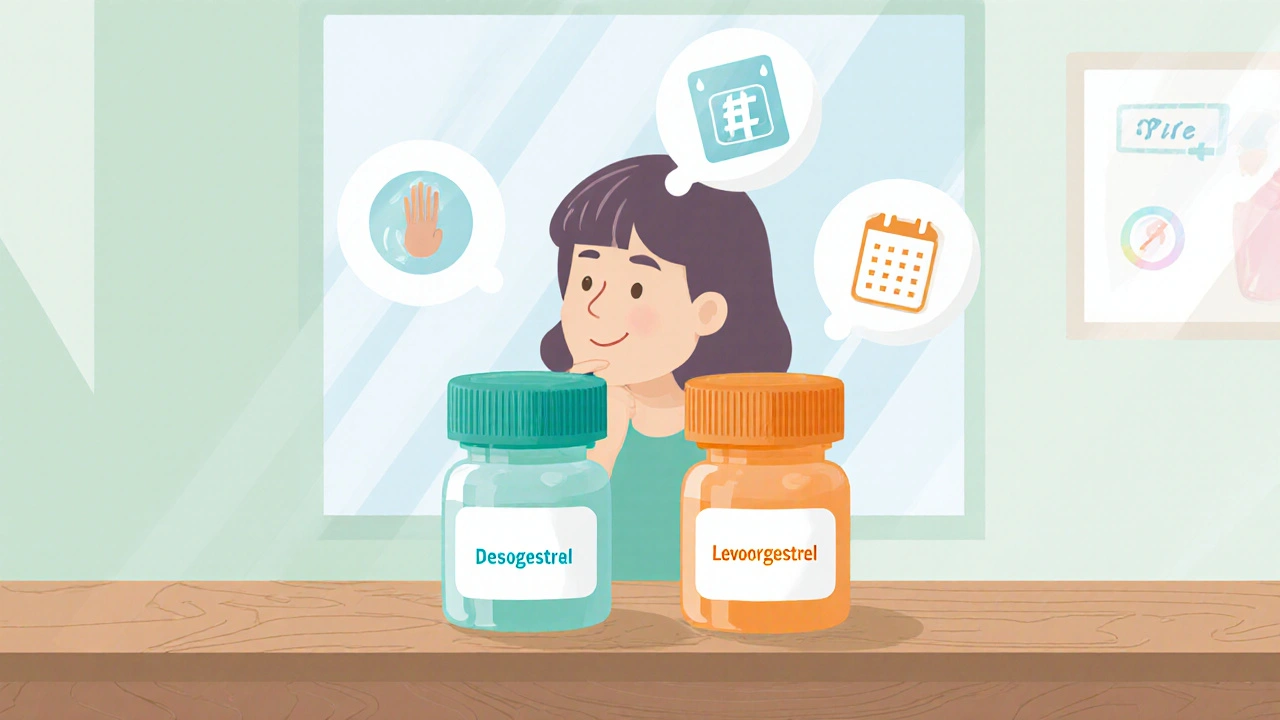
Levonorgestrel – Quick Facts and How It Works
When you hear Levonorgestrel, a synthetic hormone used to prevent pregnancy and treat hormonal issues. Also known as LNG, it mimics the natural hormone progesterone and blocks ovulation when taken correctly.
One of the biggest reasons people search for Levonorgestrel is its role in emergency contraception, a backup method used after unprotected sex or contraceptive failure. Brands like Plan B rely on this same molecule to stop a fertilized egg from implanting. The key is timing – the sooner you take it, the better the chance it will stop pregnancy.
Beyond the emergency setting, Levonorgestrel is a core component of many hormonal birth control, methods that use synthetic hormones to regulate the menstrual cycle and prevent ovulation. It works hand‑in‑hand with progesterone, the natural hormone that thickens cervical mucus and makes the uterine lining inhospitable to a fertilized egg. Together they keep the cycle predictable and protect against unwanted pregnancy.
Levonorgestrel comes in two main forms: a one‑dose pill and a hormonal IUD. The pill is a single 1.5 mg tablet taken within 72 hours of intercourse. The IUD releases a low, steady dose for up to five years, giving long‑term protection without daily pills. Both formats exploit the same hormone but differ in how they deliver it.
Safety is a common concern. Most users experience mild side effects like nausea, fatigue, or light spotting. Serious complications are rare, but anyone with a history of blood clots, severe liver disease, or hormone‑sensitive cancers should talk to a doctor first. The drug doesn’t protect against STIs, so keeping condoms handy is still a smart move.
Effectiveness drops sharply after 72 hours, so it’s crucial to act fast. Studies show a 75‑% success rate if taken within 24 hours, but the odds fall to around 58 % by the third day. That’s why many pharmacies keep it on the shelf for quick access.
Levonorgestrel can interact with certain medications, especially enzyme‑inducing drugs like rifampin or some anticonvulsants. These can lower the hormone’s levels, making the pill less reliable. Always check with a pharmacist if you’re on regular meds.
Who benefits most? Teens, college students, and anyone who might miss a regular birth‑control pill find Levonorgestrel especially helpful. It’s also a go‑to for women who need a backup after a condom break or after a missed birth‑control dose.
Regulatory status varies by country. In the U.S., it’s available over the counter for anyone 17 and older, while some places require a prescription for younger users. The same molecule appears in branded options like Plan B One‑Step, but the active ingredient remains Levonorgestrel.
Misinformation spreads fast: some think the pill “aborts” a pregnancy. In reality, it only works before implantation, which is not considered a pregnancy under medical definitions. Understanding this distinction can ease anxiety and improve acceptance of the method.
If you’re looking for a reliable source, MapleMed Pharmacy offers Levonorgestrel with fast shipping, verified prescriptions, and Canadian‑sourced quality. The site provides clear dosing instructions and a help line for any questions you might have.
Below you’ll find a curated set of articles that dive deeper into Levonorgestrel’s uses, safety tips, and comparison with other hormonal options. Whether you need quick answers or want to explore the science, the collection has you covered.

